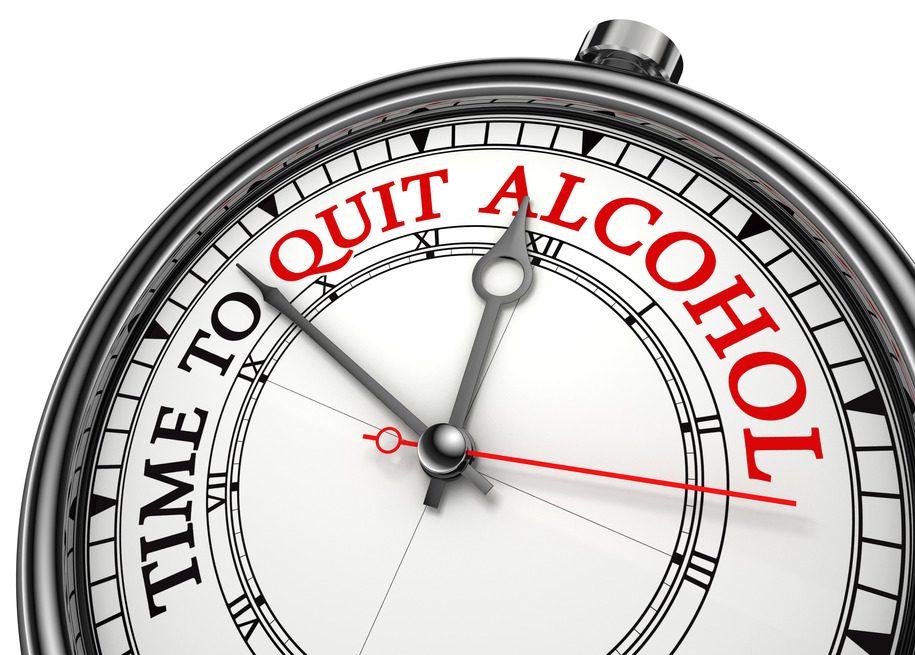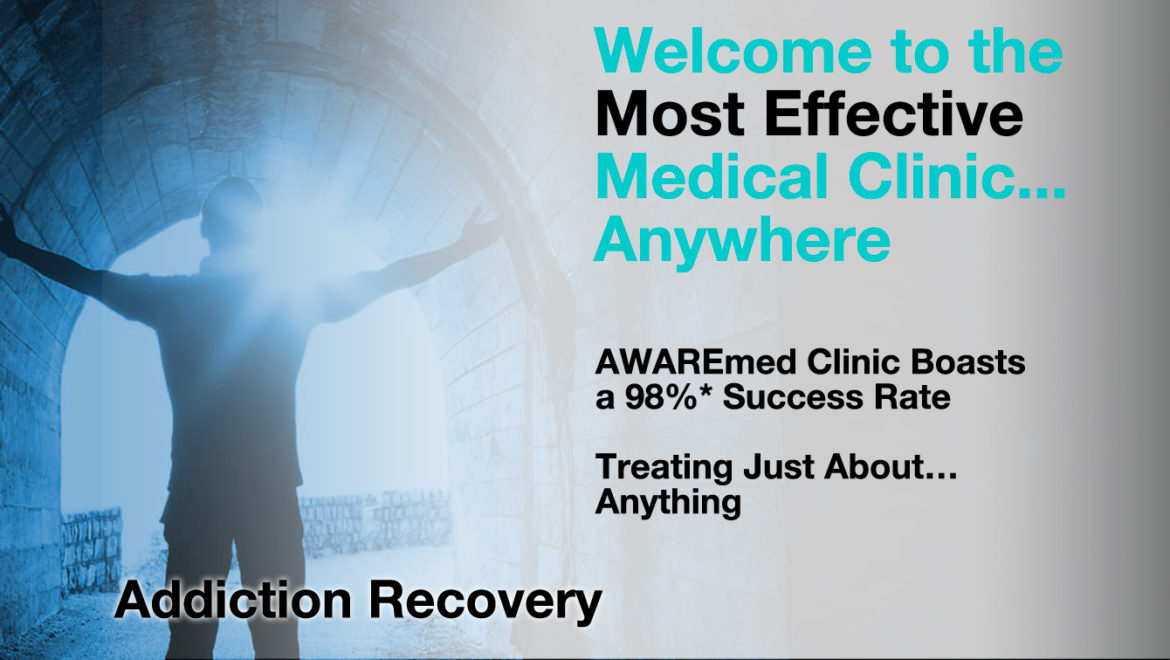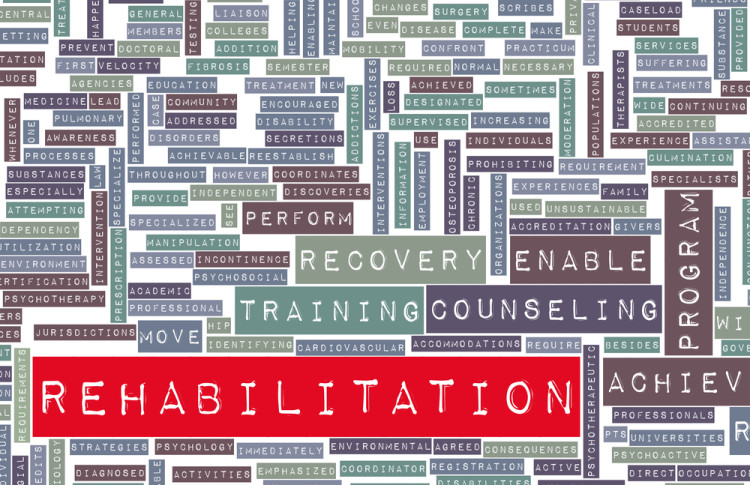Relating drug addiction and stress

Relating drug addiction and stress as a tool of encouraging treatment and prevention of the scourge
Relating drug addiction and stress: Heart complications and stroke
In some people, prolonged or frequent mental stress causes an exaggerated increase in blood pressure which is a greater risk factor for stroke. According to experts at AWAREmed Health and Wellness Resource Center under the leadership of Doctor Dalal Akoury, a condition called stress cardiomyopathy is widely recognized. In this disease, intense emotional or physical stress causes severe but reversible heart dysfunction. The patient experiences chest pain and EKGs and echocardiograms indicate a heart attack, but further tests show no underlying obstructive coronary artery disease. Psychological stress is also recognized as a possible cause of acute coronary syndrome (ACS), a collection of symptoms that indicate a heart attack or approaching heart attack. High levels of psychological stress are associated with harmful changes to the blood and that explains why relating drug addiction and stress is necessary when seeking treatment. Research suggests that stress has the potential to trigger ACS, particularly in patients with heart disease.
Stress Reduction and Heart Disease. Studies suggest that treatments that reduce psychological distress improve the long-term outlook for people with heart disease, including after a heart attack. Evidence indicates that stress management programs may significantly reduce the risk of heart attacks in people with heart disease. Specific stress management techniques may help some heart problems but not others. For example, acupuncture in one study helped people with heart failure but had no effect on blood pressure. Relaxation methods, on the other hand, may help people with high blood pressure.
Relating drug addiction and stress: Immune system
Chronic stress affects the immune system in complicated ways and may have various results including:
Susceptibility to Infections – Chronic stress may have an effect on the immune system’s response to infections. Several studies claim that people who are under chronic stress have low white blood cell counts and are more vulnerable to colds. Once a person catches a cold or flu, stress can make symptoms worse. People who carry the herpes virus may be more susceptible to viral activation after they are exposed to stress.
Inflammatory Response – Some evidence suggests that chronic stress triggers an over-production of certain immune factors called cytokines. Such findings may partly explain the association between chronic stress and numerous diseases, including heart disease and asthma.
Relating drug addiction and stress: Cancer
At the moment a distinctive relationship between excess stress and cancer has not been scientifically proven. However, there may be a connection between stress and cancer survival. In one of the studies, it was suggested that cancer patients who were separated from their spouses had lower survival rates than married cancer patients. Although stress reduction techniques have no effect on survival rates, studies show that they are very helpful in improving a cancer patient’s quality of life.
Finally, even though a lot more needs to be done on some of these conditions, what is very evident is that stress is a serious factor in patients struggling with any form of addiction. And noting the gravity of some of these health conditions, one can only make a wish not to be in any association with them. The kind of disease we are making reference to is life threatening and very costly to manage. It is therefore very important that we find solutions to these entire problems and that is where AWAREmed Health and Wellness Resource Center comes in. This is facility has the brains to bring quick if not immediate restoration to all matters relating to drug addiction. Upon scheduling that appointment with doctor Dalal Akoury, she will professionally evaluate your individual conditions and administer real-time treatment that will leave you full of life and free from all effects of addiction.
Relating drug addiction and stress: Heart complications and stroke









